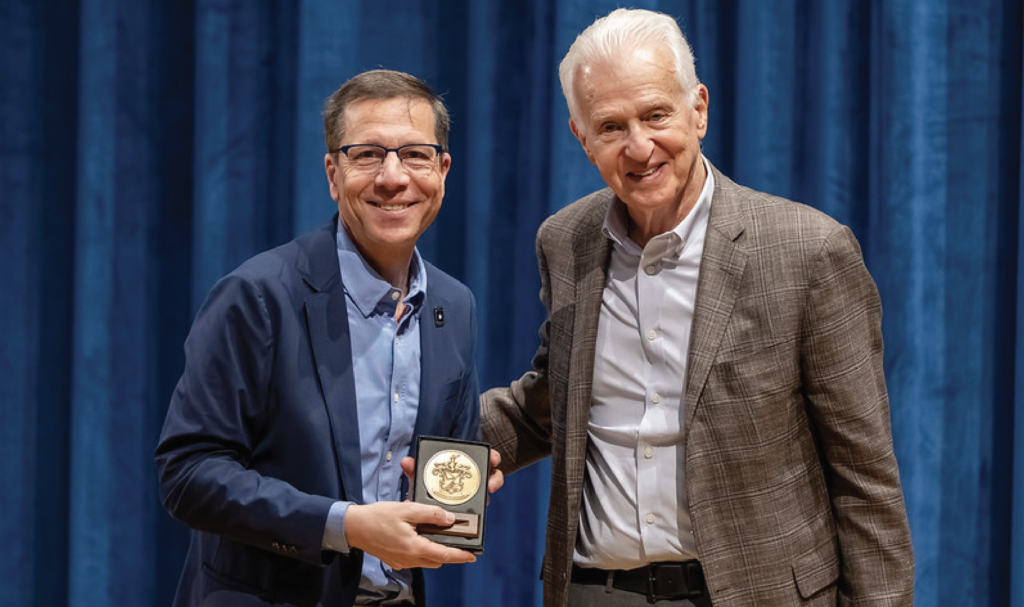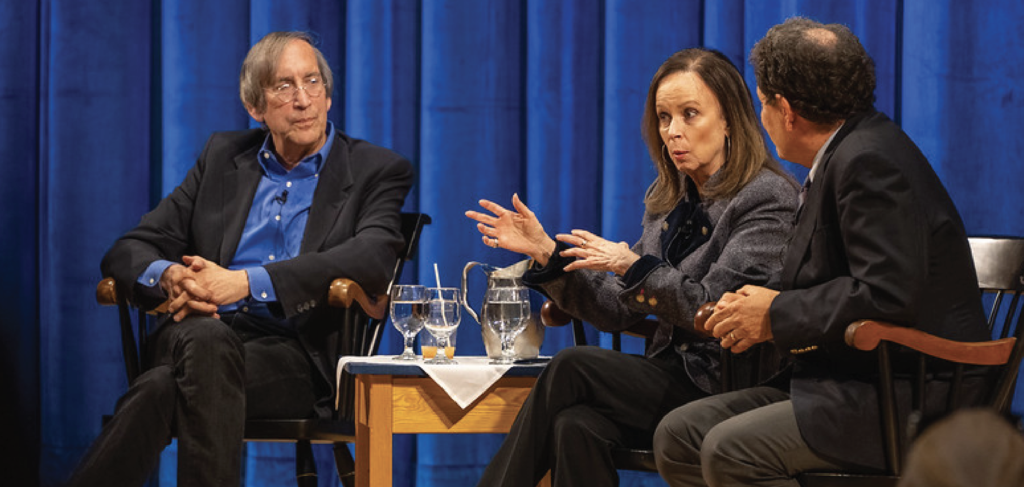Choate recently unveiled substantial changes to how it responds to controlled substance use on campus, replacing the student support program known as Crisis Intervention with what will be called Safe Haven. Safe Haven is intended to provide a broader range of resources to students aiming to help themselves or their classmates cope with recent or habitual controlled substance abuse.
Mr. Will Morris, Director of Residential Life, said, “Safe Haven is an evolution of our Crisis Intervention program. The Crisis program had been in place for decades, and it gave the impression that it was only to be used in life-threatening situations involving the use of drugs or alcohol.”
Dean of Students Mr. James Stanley said, “The major changes are expanding the range of situations in which a student can seek help in a non-disciplinary manner. Crisis Intervention was only for something that was a crisis in that moment and did not easily allow for a student to say, ‘I’m worried about a friend who has a chronic problem.’ ”
Under the new policy, a student, at any time, under the direct influence of controlled substances or not, may invoke Safe Haven. A student will be taken to the Health Center and will be asked to speak candidly about their or their classmates’ drug or alcohol use, without fear of disciplinary action. As in Crisis Intervention, the students involved will be placed on what Choate calls “no-use,” requiring them to meet with a counselor and be subjected to random drug and alcohol testing. School officials will speak with the parents of any student for whom Safe Haven is invoked.
A student discovered by a faculty member to be under the influence of drugs or alcohol may not invoke Safe Haven on himself or herself. However, Safe Haven policy requests that faculty members ask students under investigation if they would like to invoke Safe Haven for peers not yet known to campus adults.
“In the past, a faculty member would ask where the student was, who he or she was with, and the situation became an investigation,” Mr. Stanley said. “Quite frequently, the student who was drinking or using drugs would say nothing. And so there was a real possibility that there was a kid in distress somewhere on campus and not getting the help they need.”
By removing the threat of punishment, Choate hopes more students will be forthcoming about classmates at risk. And by encouraging faculty, in appropriate situations, to initiate the conversation about Safe Haven, the work becomes, as Mr. Morris put it, “a shared responsibility.”
Safe Haven extends to parents and off-campus events. Mr. Stanley explained, “We have added language that allows a parent who is in care of Choate students — say if Choate students signed out to their friend’s house for a weekend and decided they were going to do some drinking — to call the school to invoke Safe Haven for students in their care.” He added, “We are trying to, as much as possible when there is a question about a student’s health and welfare, to open up the lines of communication so students can seek help in a way that is non-disciplinary.”
The Safe Haven program grew out of conversations with both adults and students on campus, over a number of years. Mr. Morris said, “The Crisis Intervention program probably was not invoked as often as it should have or could have been.”
Last spring, Mr. Stanley shared a draft of the new policy with both the student council and Choate’s faculty. After receiving their feedback, he and other members of the administration finalized the protocol over the summer. “The faculty really wanted students to be able to feel comfortable about being worried for somebody else and to seek help for them,” Mr. Stanley said.
“What we really want from this program is expanded usage,” added Mr. Morris. “The hope is that this is a tool that students will use more frequently in situations that warrant it.”
He went on, “Whether it is an immediate concern about the health of a student or a concern about a pattern of behavior that may indicate a path towards dependence, taking care of each other is a community task. We, the adults, have a responsibility to help take care of students, and students have a share in that responsibility, as well.”




